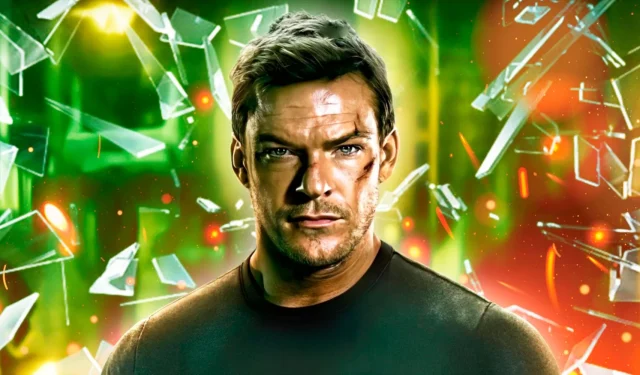Warning: This article includes major SPOILERS for the finale of Reacher Season 3. The concluding episode of Reacher Season 3 lived up to its reputation for chaos and action. However, amidst the tumultuous showdown, one unexpected death left many fans stunned: the protagonist’s decision to kill a minor character. What began as a stealth mission quickly devolved into an explosive confrontation at Beck’s mansion, thanks to Reacher’s aggressive tactics with shotguns.
In a characteristic display of determination, Reacher eradicated numerous members of Quinn’s gang without hesitation, portraying an especially ferocious side. This season depicted Reacher not just battling his foes but confronting deeply personal stakes—especially with Xavier Quinn, who arguably stands out as his most formidable adversary. The intense emotions swirling through the finale led Reacher to make a choice that deviated from his normally pragmatic approach, resulting in the unnecessary death of an unassuming truck driver and showcasing that his vengeance had eclipsed his moral compass.
Reacher’s Unnecessary Kill: The Truck Driver in Season 3’s Finale
The Case for Non-lethal Action Against the Truck Driver
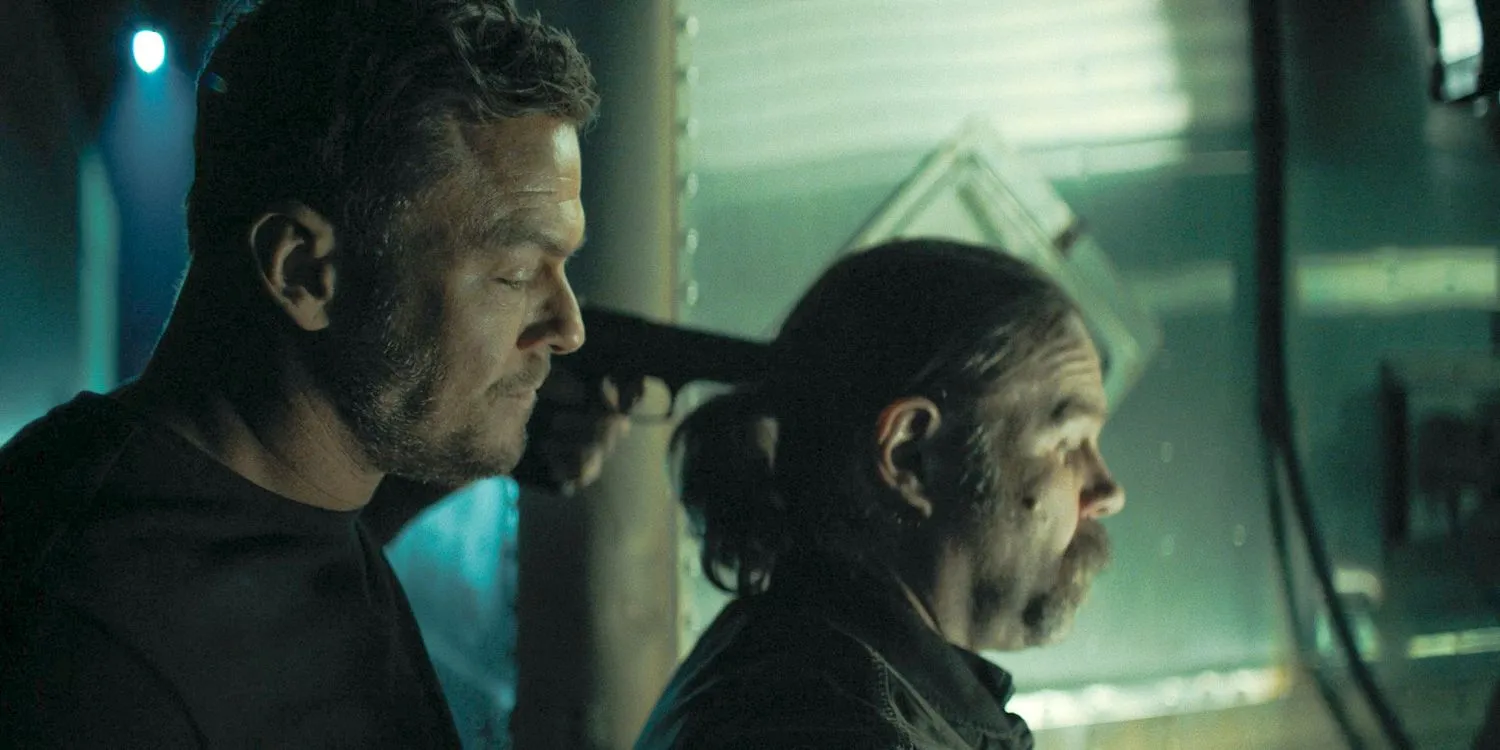
Image via Prime Video
While many confrontations in the season’s finale were justified, the execution of the truck driver felt unnecessary. After capturing him, Reacher kept the driver alive to navigate through Beck’s estate unnoticed—a plan that initially succeeded. However, after failing to locate rope for binding, he opted for a lethal solution instead. Although this moment was tinged with dark humor, it underscored the brutality of Reacher’s character arc in this season.
An alternative approach could have been to simply incapacitate the driver and stow him in the back of the truck, which might have been just as effective without resorting to murder. While it’s true that the driver posed a potential threat, the decision to execute him seemed excessive. Unlike Quinn and Paulie, whose fates felt inevitable, the truck driver’s demise revealed Reacher’s moral shortcomings; it demonstrated a disregard for the value of a life, considering he had no knowledge of the driver’s circumstances.
Zachary Beck’s Story: Not All Members of Quinn’s Gang Are Voluntary Participants
Understanding Beck’s Reluctant Involvement in Quinn’s Operation
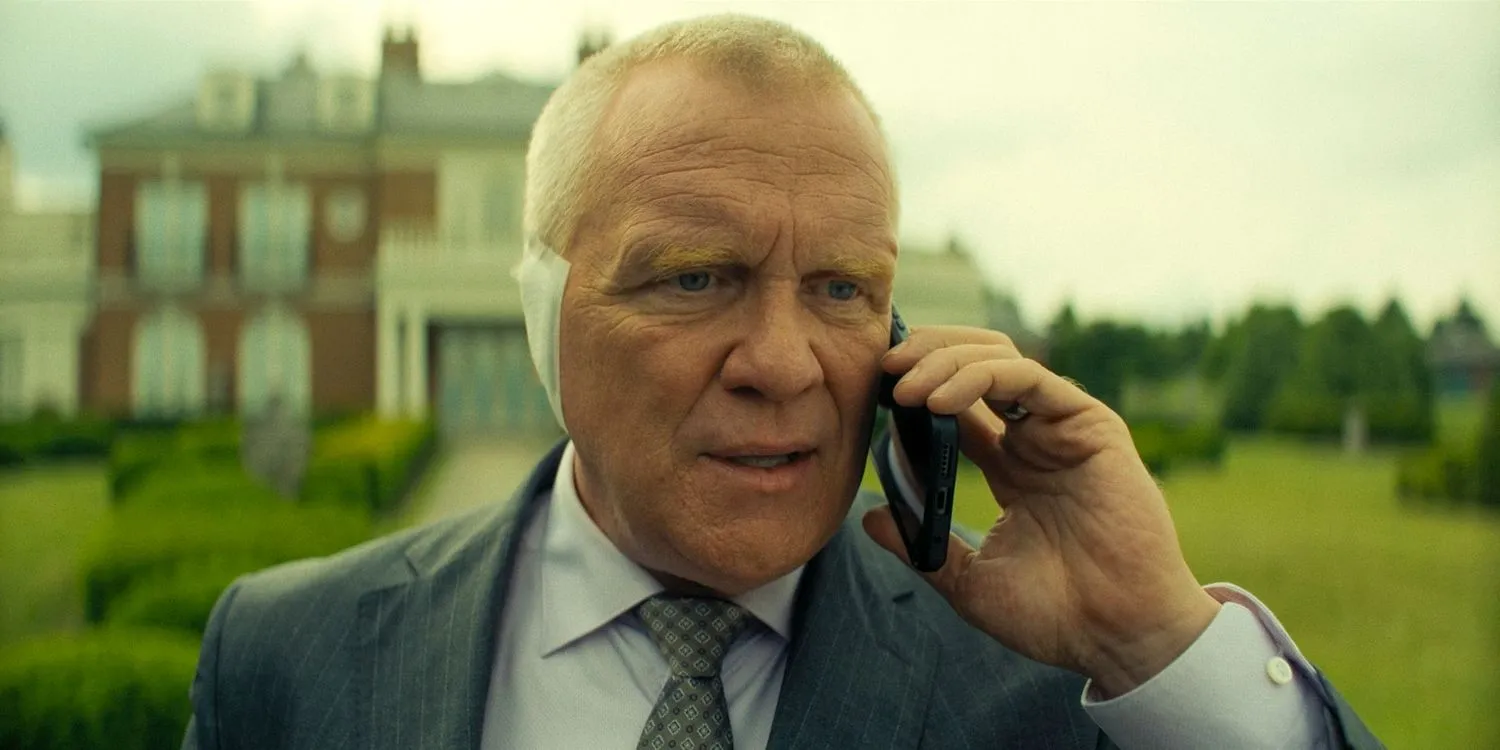
Image via Prime Video
While the ruthless actions of Quinn paint a picture of guilt by association for his gang members, Zachary Beck’s narrative illustrates a more complex reality. Although Beck was not without his faults, having willingly entered the gunrunning business, he was not as merciless as Quinn, who had effectively taken control of his operation. By assuming a blanket stance on the culpability of all involved with Quinn, Reacher risks undermining his awareness of the nuanced morality underlying their situations.
The truck driver in question, who had attempted to alert Quinn to the ambush, operated under immense pressure and fear. It remains unclear whether he acted of his own volition or was simply a casualty of circumstance. This ambiguity hints at the ethical missteps Reacher made by disregarding the potential impact on the driver’s life. Villanueva even brought up concerns regarding Reacher’s lethal tendencies during the season, a critique that felt neglected in the finale.
The Shift in Season 3: Blind Eye to Reacher’s Violence
Bystander Allies: Entourage Enabling Ruthlessness
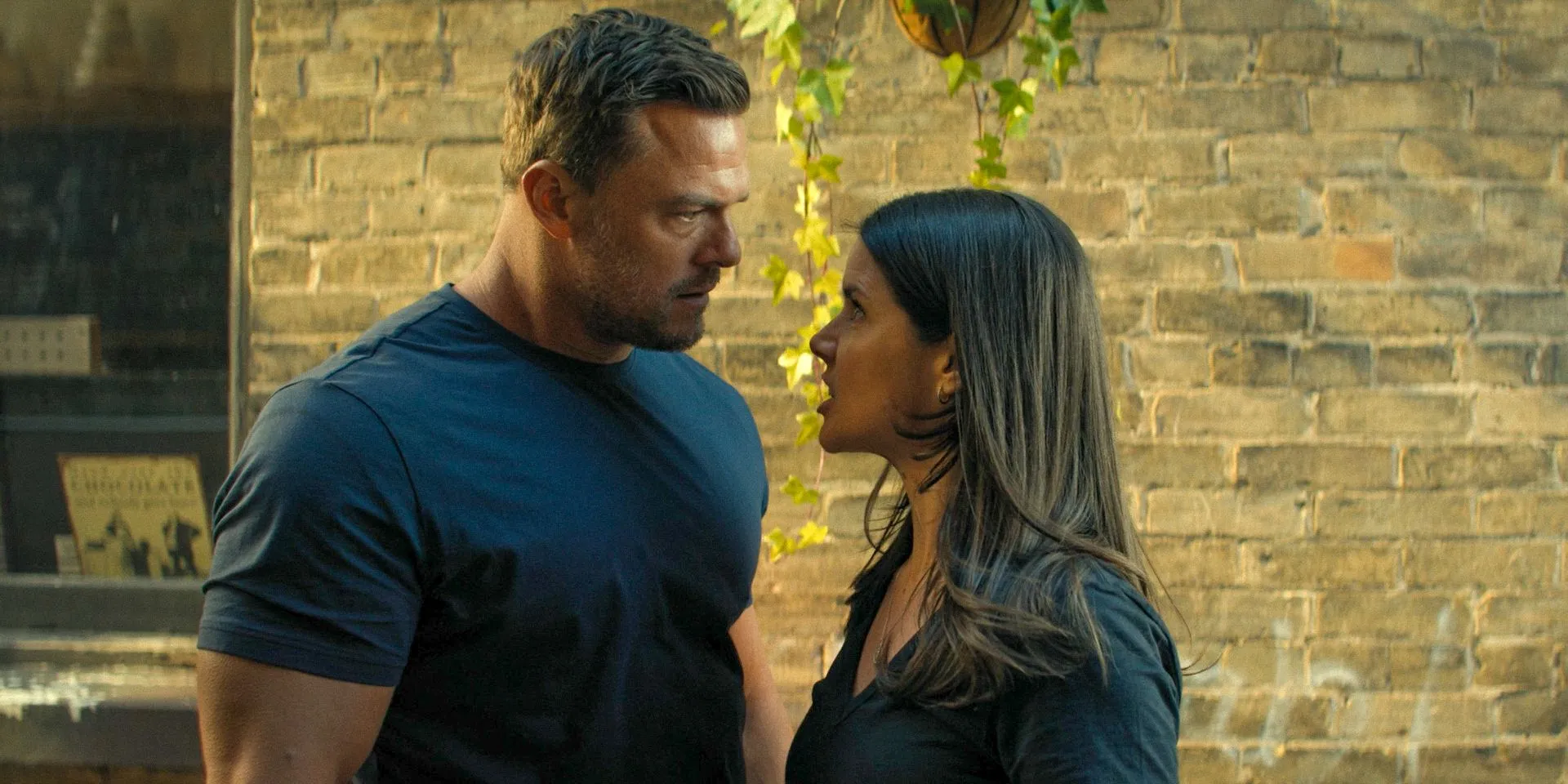
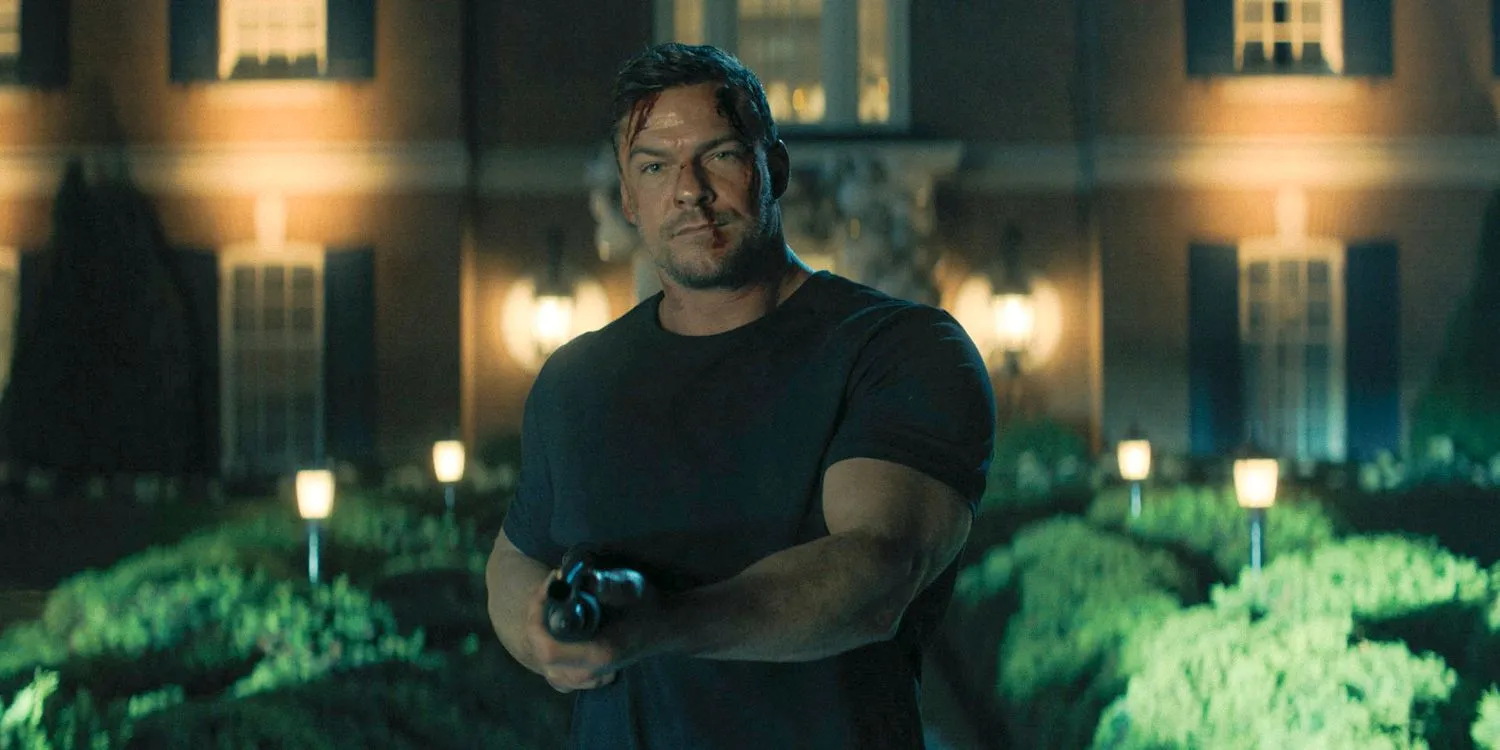
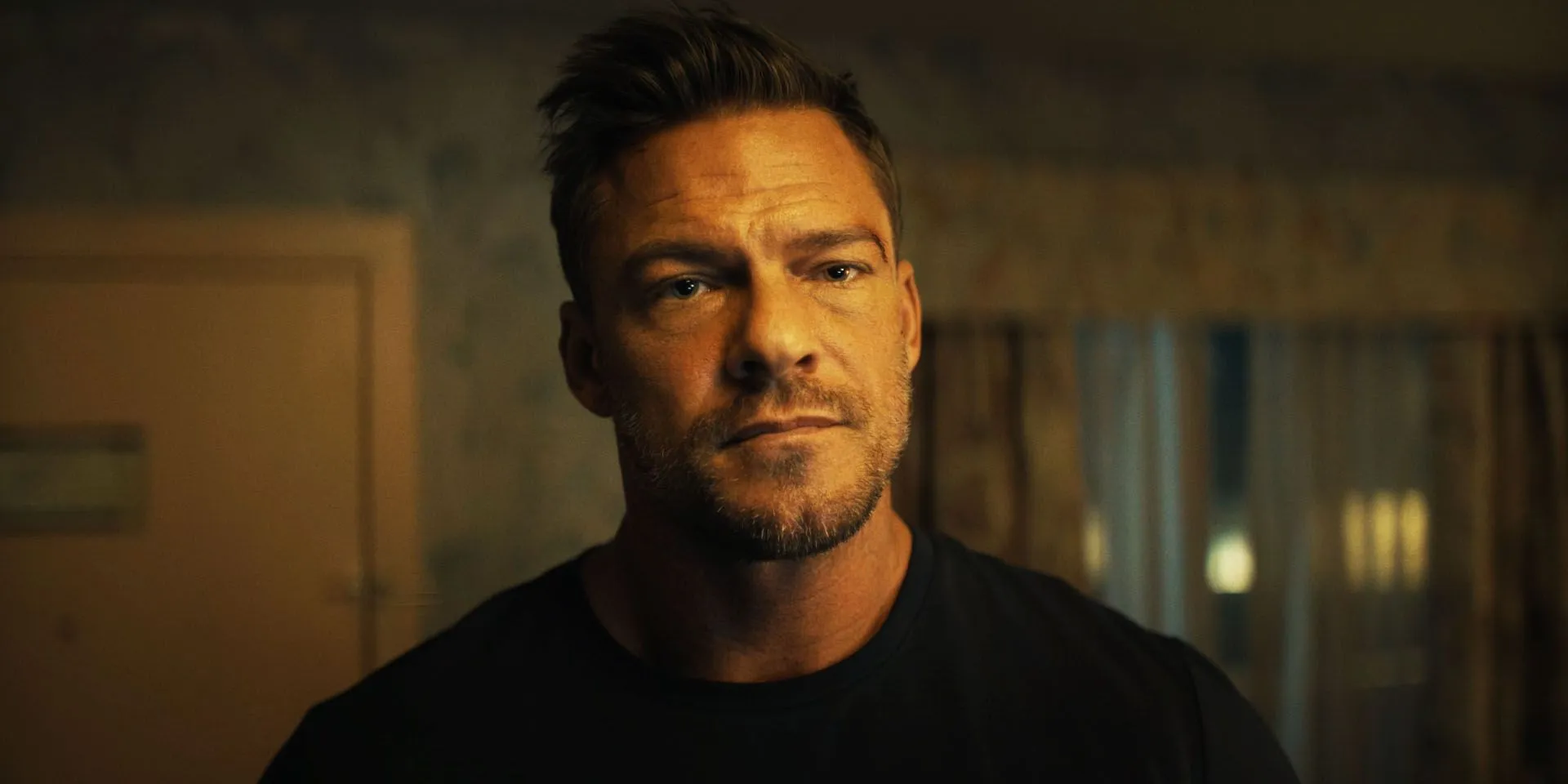
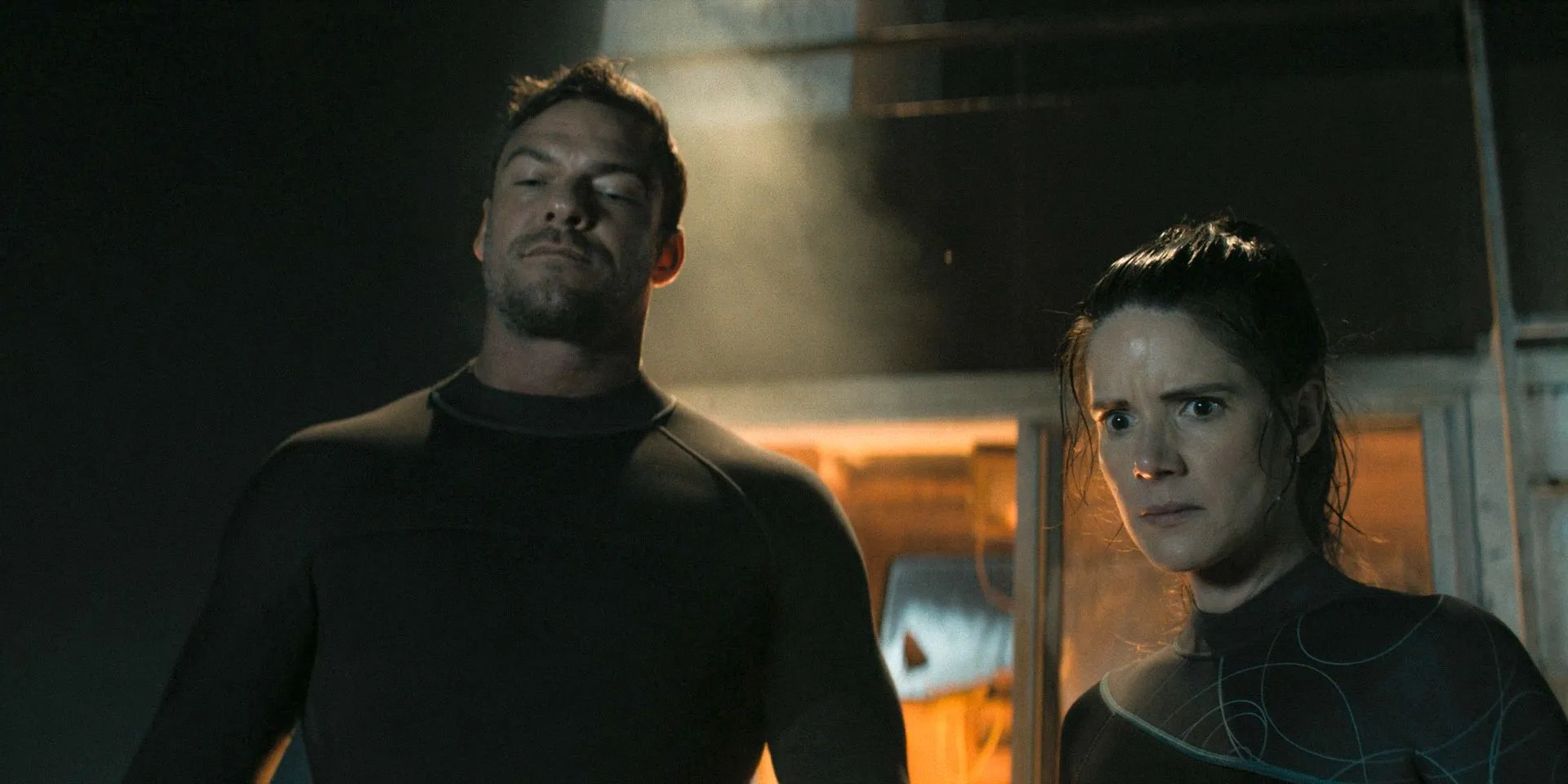
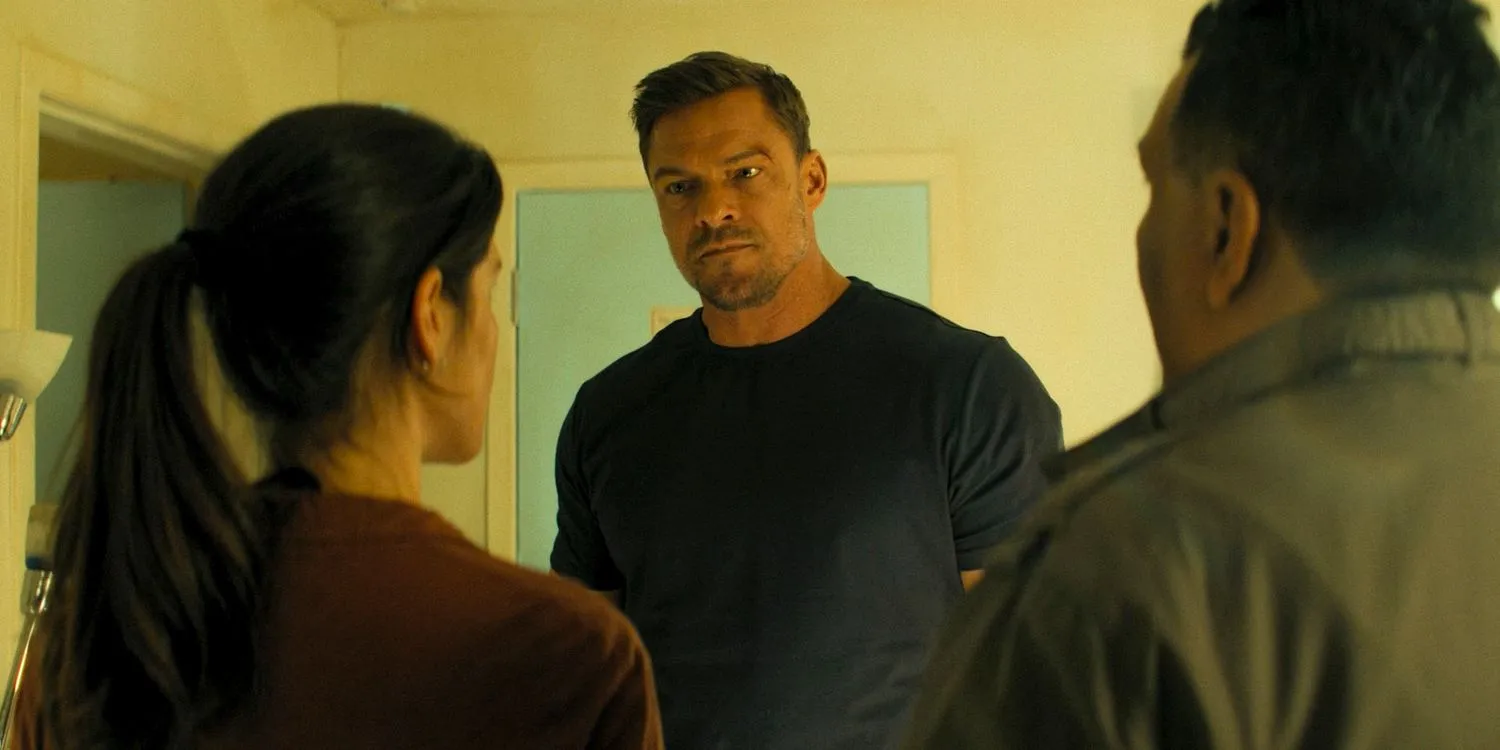
Throughout Season 3, Reacher’s excessive violence served as an undercurrent, making it perplexing that the series chose to mute this ethical discourse as it progressed. Earlier in the season, Villanueva’s apprehension regarding Reacher’s readiness to kill characters like Angel and Mike was entirely justified. While Duffy exhibited a lesser concern, she was not blind to Reacher’s reckless tendencies. As his allies grew closer to him, allowing them to trust his judgment, it still felt strange that they ceased questioning his more brutal actions, essentially endorsing his violence during the finale.
Rather than confronting him about the shooting of the truck driver, Duffy’s only response was a flippant “Are you kidding me?” Furthermore, no one seemed to mind when Reacher decided to go in guns blazing, resulting in a chaotic shootout that could have had significant consequences. Although Reacher ultimately emerged victorious, the events highlighted the potential dangers of his unchecked aggression. A more critical approach from his allies in this finale might have provided a necessary balance to Reacher’s violent methods.
